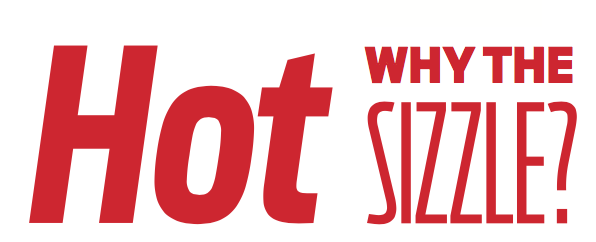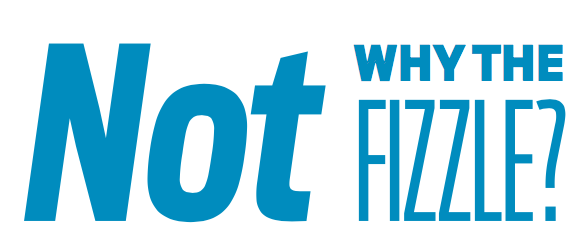Government shutdowns are increasing – happened three times in 2018. The latest was a partial shutdown in December and January. Congress would not pass a spending bill that included the president’s requested $5 billion in funding for a border wall, and President Donald Trump refused to sign any bill that did not include that funding. This shutdown affected the housing industry through delays due to partial staff furloughs at HUD, the Department of Agriculture, the FHA and the IRS.
Housing finance reform
GSE reform may be just around the corner as talk has been heating up in Washington. The House Financial Services Committee recently held a hearing discussing its Bipartisan Housing Finance Reform Act of 2018. During this hearing, the committee called on key members of the housing industry to testify. And Trump nominated Mark Calabria to lead the FHFA. Calabria has long been a vocal proponent of GSE reform, and his appointment could lead to serious winds of change at the GSEs and for the U.S. housing economy.
These real estate markets
Knock, a home equity company, predicted that half of 2019’s top 10 markets will be located in the South. It says Miami will have the highest rate of deals, at 89%. Houston and Chicago follow, with Houston see- ing an average savings of 4.84% and an 84.2% rate of deals, while Chicago sees 5.11% in savings and an 83.5% rate of deals. Jacksonville, Florida (No. 4); New Orleans (No. 5); Hartford, Connecticut (No. 6); and St. Louis (No. 7) each projected to see savings in the 5% range. Pittsburgh, Tampa, and Cincinnati round out the bottom three on the company’s top 10 list.
FEMA was in hot water after it ruled that the National Flood Insurance Program could not be renewed during the December government shutdown. Previously, the NFIP extension was wrapped into a spending bill that funded the government until December 21, 2018. Once the government shut down, the NFIP expired and could no longer sell or renew policies, while existing policies remained in effect until their expiration date. The housing industry was furious, saying it was “deeply disappointed” over the “short-sighted” and “ill-advised” ruling. FEMA later reversed its decision.
HELOCS
After soaring to a near 10-year high, HELOC originations took an unexpected tumble in the third quarter of 2018, falling 14% from the previous quarter and 11% from the year before. According to a data from ATTOM Data Solutions, a total of 313,744 residential HELOCs were originated in the third quarter. HELOC origination decreased year over year in 67% of the metropolitan statistical areas analyzed in the report. But Daren Blomquist, senior vice president at ATTOM Data Solutions, said he is optimistic that HELOC originations will rebound in 2019.
Dreamers getting FHA loans
Senate Democrats demanded answers from HUD on whether Deferred Action for Childhood Arrivals recipients are being denied FHA loans. Buzzfeed News posted a comprehensive follow-up to a story rst covered by HousingWire’s own Ask the Underwriter, Dani Hernandez. Back in September, Hernandez wrote that HUD was quietly denying FHA mortgage insurance for DACA recipients, also called Dreamers. That led to Buzzfeed picking up the thread and expos- ing the issue even more, and now Senate Democrats want to know just what exactly is going on here.





